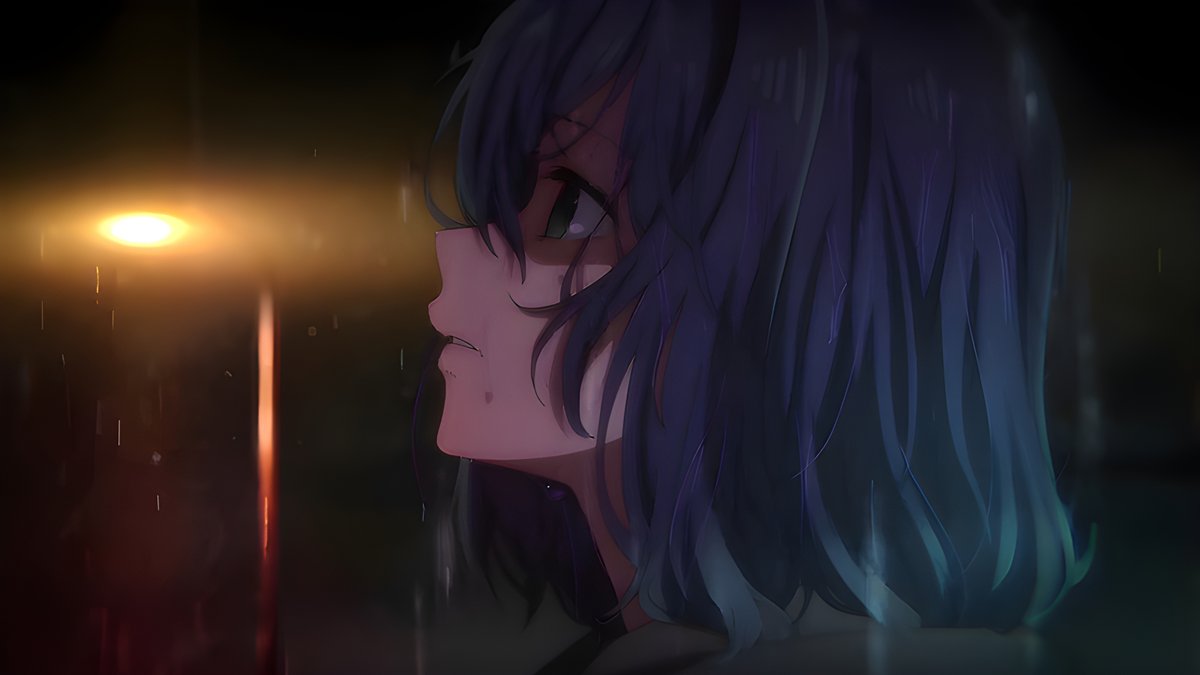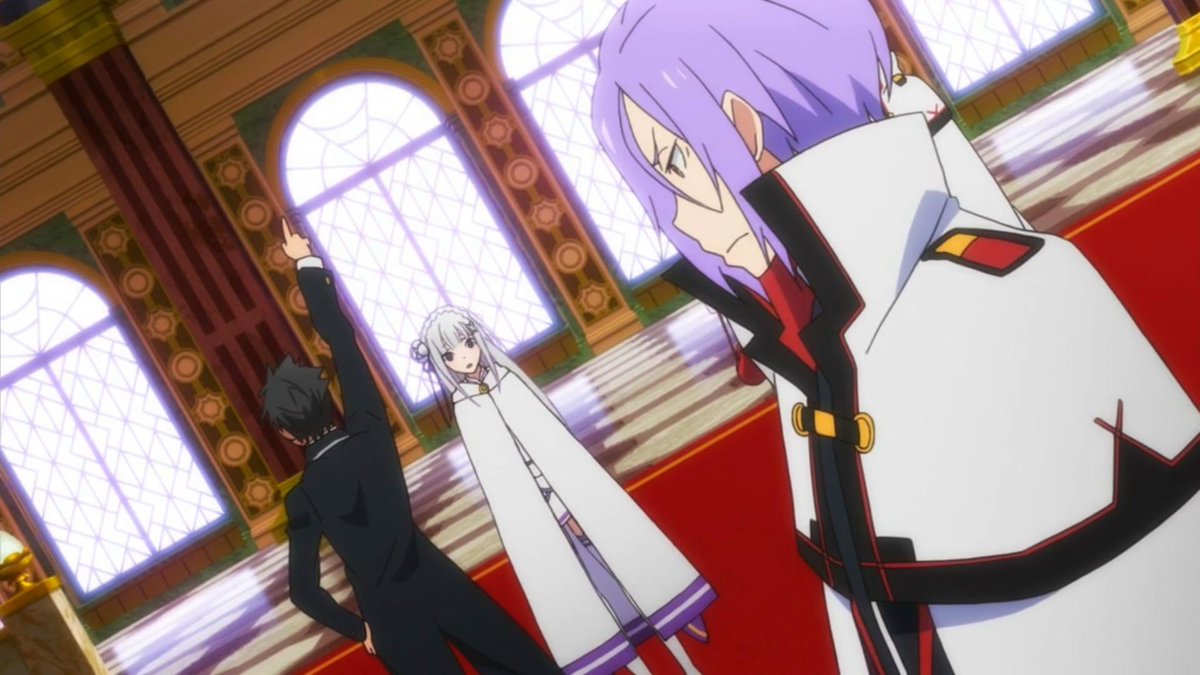A Psychological Deep Dive: Akane. Specifically on how social media bullying can profoundly affect one's mental health and why viewing through an empathetic lens is essential to understanding her character, society, and social media's impact. #OshiNoKo #anime #推しの子
Akane is a multifaceted character, a victim of the fierce scrutiny of the online world. Her struggles with bullying & shaming on social media platforms give us a stark picture of its effects on mental health.
Akane's experiences with cyberbullying reflect a clear disruption of Maslow's Hierarchy of Needs. Online shaming threatens her psychological and safety needs, key elements for self-actualization (Maslow, 1943). 

Safety and belonging are core to Maslow's Hierarchy. Social media bullying undermines these needs, leaving Akane feeling vulnerable and ostracized. This emotional insecurity hinders her growth and self-fulfillment.
Social media's amplification effect means that a single negative comment can spread like wildfire. Akane was on the receiving end of this, constantly scrutinized and criticized, leading to heightened anxiety and feelings of worthlessness. 

Akane, a victim of this vicious cycle, endured continuous public humiliation, leading to heightened anxiety and self-deprecation - a phenomenon often seen in victims of online shaming (Kowalski et al., 2014).
Akane's social withdrawal, anxiety, and low self-esteem are textbook consequences of prolonged exposure to online bullying, potentially leading to severe mental health disorders (Riehm et al., 2019).
In Akane's digital environment, the norms and attitudes toward online shaming affect her development and well-being. This reflects Bronfenbrenner's assertion about the impact of broader societal attitudes (Bronfenbrenner, 1979). 

This public shaming and cyberbullying forced Akane to develop coping mechanisms to manage the distress. These can range from adaptive (e.g., seeking support) to maladaptive (e.g., avoidance) (Compas et al., 2017). 

As seen with Akane, attachments can sometimes lead to hyperactivation or deactivation of attachment systems, resulting in an obsessive preoccupation with or avoidance of the attachment figure (Mikulincer et al., 2003).
Akane's reliance on Aqua can be seen as an attempt to meet her unfulfilled needs for safety and belonging in Maslow's hierarchy (Maslow, 1943). However, future overdependence could lead to a further strain on her mental health (Mikulincer et al., 2003).
The solution?
Developing healthy coping mechanisms is crucial. For Akane, this means diversifying her support system, building resilience, and fostering self-efficacy (Compas et al., 2017).
Developing healthy coping mechanisms is crucial. For Akane, this means diversifying her support system, building resilience, and fostering self-efficacy (Compas et al., 2017).
Though not flawless, her support system of her friends and fellow actors provided Akane with the necessary emotional backing. They provided validation, care, and reassurance, essential for countering the harm inflicted by bullying.
Akane's story is the story of many content creators out there. There are many Akanes in our world today, fighting their internal battles while smiling for their followers. Their struggles underscore the importance of creating a more compassionate online culture. 

One of the steps toward this goal is to emphasize the "human" in every account, to remember that behind each profile is a person with feelings and insecurities. Just like Akane, they may be battling unseen struggles.
So, what can we do? We can work on improving our online interactions. We can become more understanding, compassionate, and supportive, creating an environment that nurtures rather than shames.
On an individual level, if you’re dealing with a situation like Akane’s, know that you’re not alone. Reach out to professionals who can help you navigate through this tough time. Your feelings are valid, and help is available.
Akane's story is a powerful reminder of many people's struggles behind their screens. It is also a call to action, urging us to promote kindness and empathy in the digital world.
Let's strive to make our online interactions safer and more supportive so that no one else suffers as Akane did. Remember, every act of kindness can make a difference.
Follow for more threads like this. <3
Follow for more threads like this. <3
• • •
Missing some Tweet in this thread? You can try to
force a refresh














